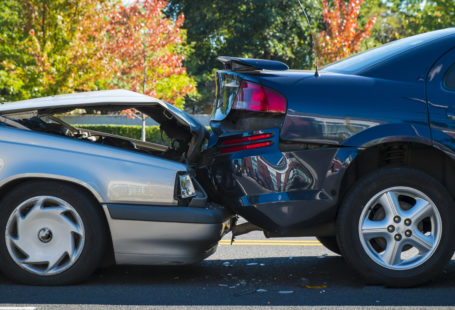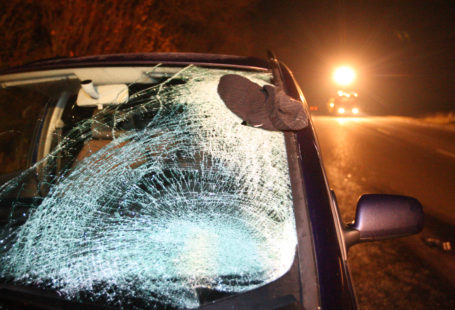When you think about personal injury accidents, you typically think about motor vehicle accidents, workplace accidents, medical malpractice, or premises liability claims. However, many unintentional injuries occur at home.
Each year, more than 39.5 million physician office visits occur because of unintentional injuries. In addition, another 24.5 million visits are made each year to emergency rooms because of unintentional injuries.
The good news is that many unintentional injuries at home can be prevented. Some tips for avoiding accidents at home include:
1. Avoid Slip and Fall Accidents at Home
Falls are one of the leading causes of injuries at home. However, you can reduce the risk of falls by:
- Securing rugs to prevent sliding
- Cleaning up spills immediately
- Installing handrails on all stairs
- Repairing broken steps and stairs
- Install non-slip mats and grab rails in showers and bathtubs
- Use caution when using a ladder or step stool
The NIH has more safety tips for fall-proofing your home to avoid injuries.
2. Avoid Accidental Poisonings
Accidental poisonings are another common cause of deaths and injuries at home. Secure all medications and cleaning products out of the reach of children. Secure items that have button batteries to keep children from swallowing the batteries. Make sure all battery compartments for toys and electronics are sealed and childproof.
Always purchase products with childproof caps. If you have liquid nicotine, keep it in a childproof container out of the reach of children. Purchase carbon monoxide detectors for your home. Install them near bedrooms and furnaces.
Make sure that you wash vegetables and fruits and be cautious of cross-contamination of foods. Keep foods at the proper temperatures. Wash your hands and counters before preparing food.
3. Secure Swimming Pools
Accidental drownings are a common cause of death for children. If you have a swimming pool, ensure that it is secured with a gate that children cannot climb. Remove all toys and portable ladders from the pool area when you are not using the pool.
You may want to install a pool alarm that notifies you if anyone is in the pool area. Automatic pool covers can also prevent drownings. However, you must ensure that a child or adult cannot accidentally close the pool cover with someone in the pool.
Always supervise children when they are in the pool. Teach children how to swim at an early age. Teach children to stay away from pool drains and make sure that the drain covers are properly installed. Replace damaged drain covers immediately.
Always have life-saving equipment near the pool in case of an emergency. Also, consider installing an outside phone line to make it easier to call 911 if emergency help is required.
4. Keep Dangerous Tools and Items Secured
Gun Owners need to invest in a gun safe to secure guns and keep firearms away from children and adults who should not have access to guns. Power tools and machines need to have guards. Secure tools and dangerous items in a locked room or cabinet to prevent children from playing with the tools.
In the kitchen, place knives and other sharp objects out of the reach of children. Before using any new appliance or tool, read the owner’s manual and instructions for use.
5. Avoid Burns and Electrocutions
Burns, electrical injuries, and electrocutions are common causes of injuries at home. Be careful with hot liquids. Keep pot handles turned inward to prevent children from pulling pots of hold liquid off the stove.
Keep candles, fireworks, matches, and lighters in a secure place where children cannot access them. When using fireworks, follow the instructions and practice firework safety procedures. Never leave candles lit when you leave the room or go to sleep.
Keep appliances and electronics away from water. Replace damaged wiring and outlets immediately. If an appliance cord is frayed, either have the item repaired or replace the item.
Insert safety caps into outlets if you have small children. Make sure that the electricity is turned off before making any household repairs that involve an electric current. Install ground fault circuit interrupters (GFCI), especially in areas that are close to water or liquids.
Seek Medical Attention for Accidental Injuries
If you or a family member is injured at home, seek medical care for your injuries. Do not assume that your injury is minor or you do not need medical treatment. Until a doctor examines you, you cannot know whether your injury is minor or severe.
If a product causes an injury, you may want to consult with a personal injury lawyer. You could be entitled to compensation if the product’s defect caused your injury. Whenever you have questions about a personal injury that occurs at home or on another party’s property, ask a personal injury attorney for advice regarding your legal rights and options for filing an injury claim.





